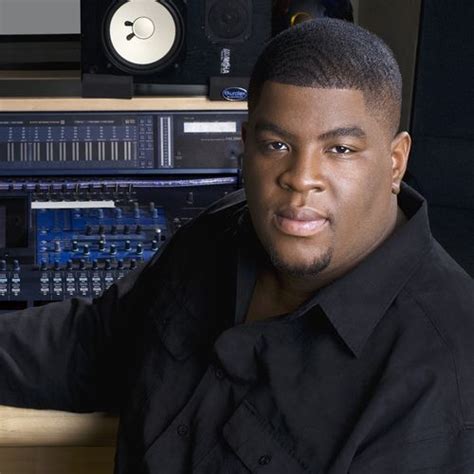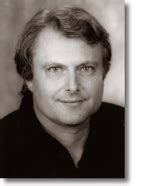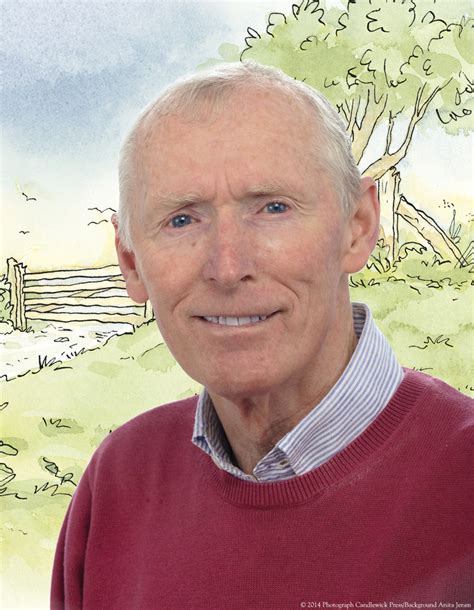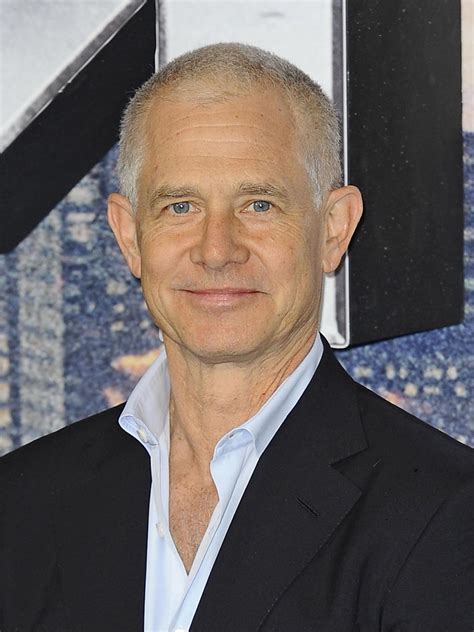A Quote by Michael Morpurgo
I don't know, but I do think that everyone has a story to tell. The question is, can they find the voice and the confidence to tell it? We lack the encouragement as young people to believe this; we very often think that writing is for clever people, which it isn't.
Related Quotes
I think everyone has a story to tell. Part of what I do is help artists find their voice, not only their vocal voice, but their writing voice. Every artist that I worked with who has those records that everyone talks about, they are also writers. I like to say I helped support whatever their writing was so people heard the song clearly.
The central question is, is this guy right? Or is he mad? What do you, the reader, think about this? Which struck me as a properly anarchist solution. I didn't want to tell people what to think, I just wanted to tell people to think and consider some of these admittedly extreme little elements, which nevertheless do recur fairly regularly throughout human history.
Lack of self-confidence is, more often than not, simple laziness. We feel confused and uncertain because we do not know. But instead of making the effort to investigate, we procrastinate and worry. We tell ourselves we can't instead of learning how we can. If we used the mental energy we expend in worry and fear to get out and find out about what we do not know, we would see our self-confidence grow. Lack of self-confidence is not overcome by faith, but by action. It is a lack, not of certainty, but of effort. Too often we are certain that we can't before we give ourselves a fair chance.
People often ask authors where their ideas come from, and often authors say they don't know. But I do know about this one. Once upon a time, my wife and I had three small children -- two boys and a girl, just like in the story. And when they were young, we used to tell them a story very like YOU'RE ALL MY FAVORITES.
I think the key for us is really letting the stories we feel are best told to kind of dictate where we go. When we find a story we really believe is one that should be told, how do we best tell it and you know what do we need to tell that story most effectively? I think to the good, the universe is such that there are a lot of options, there a lot of opportunities. So that's kind of what's guiding us.



































